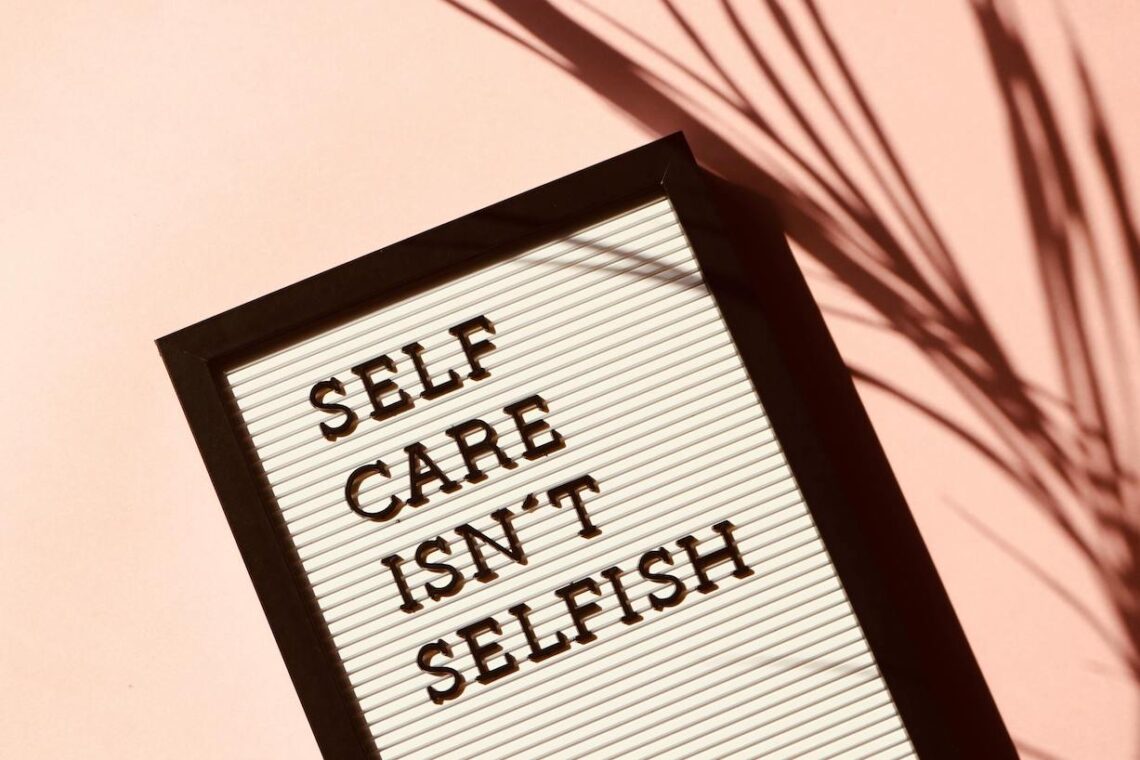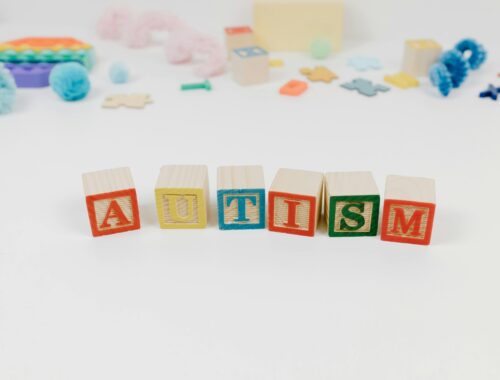
Mens sana en corpore sano
For many, the desire to be healthier means signing up to a gym membership at the beginning of a new year. While that is a laudable move to improve our physical health, what are we doing for our mental health? Especially when our mental and physical health are so closely connected: after all, many people will experience stomach upset when they are nervous, feel nauseous at bad news or get headaches when they are stressed.
I’m currently reading The Myth of Normal by Gabor Maté, a well-known and respected retired physician, and the first pages of the book lay out how the mind and body are inextricably linked so that stress and trauma can quite literally lead to serious physical illness.
Among many examples, he cites Finnish researchers presenting their findings in the British Journal of Psychiatry back in 2005: ‘people undergoing “life events” – relatively ordinary stresses and emotional losses such as relationship issues and work problems that would not qualify them for a formal diagnoses [of PTSD] – suffered more PTSD-like symptoms such as bad dreams or emotional numbing than more obviously traumatized people who had endured war or disaster.’1 Isn’t that remarkable? Persistent stress and particularly, the stressors of ‘uncertainty, conflict, lack of control and lack of information’2 seemed to be the main culprits. The trouble is that in the current economic and political climate, at work and in relationships we are experiencing all or some of them all or most of the time.
Reading this, I felt oddly reassured that there is nothing wrong with me as such, because certainly in my own experience, whenever I am stressed about something, have taken on too much and not rested enough, or I am asked to work in a way I don’t agree with, my body responds by being ill. Luckily, conventional medicine has been able to deal with all these symptoms but what if it didn’t have to get this far?
The realisation that the two issues are connected had already helped me to rest when I felt I needed to – without feeling guilty. (Admittedly, getting to middle age has also made it easier to say ‘no’.) In fact, having enough rest one day means I am full of energy the next, meaning I’m more productive and the rest was worth it.
Things started to make even more sense when I discovered coaching. My job was no longer offering me challenges and I felt trapped. After a couple of unexplained illnesses that I knew to be stress-related, and looking for a fresh opportunity, I signed up for a coaching course. Not only did I learn how to coach (better) but I also received a lot of coaching from my fellow student coaches. I learnt about the stressors in my life – the root causes of my recurring illnesses – and in the sessions I formed a strategy how to escape them. This new path feels much healthier and more authentic to me and I am immensely grateful to have discovered the power of coaching.
1 Maté, Gabor, The Myth of Normal, Vermillion, London, 2024, Kindle edition, p. 43/44
2 Maté, Gabor, The Myth of Normal, Vermillion, London, 2024, Kindle edition, p. 276
You May Also Like

Travelling with apps
June 19, 2025
10 German-British cultural differences you may not know about yet
April 23, 2025

